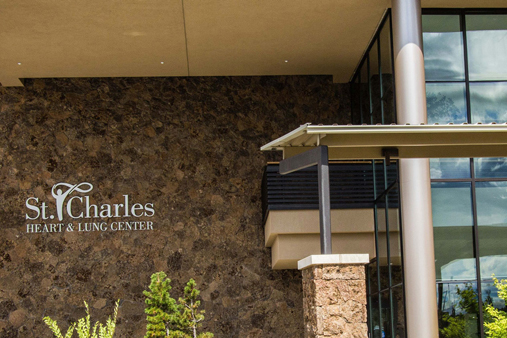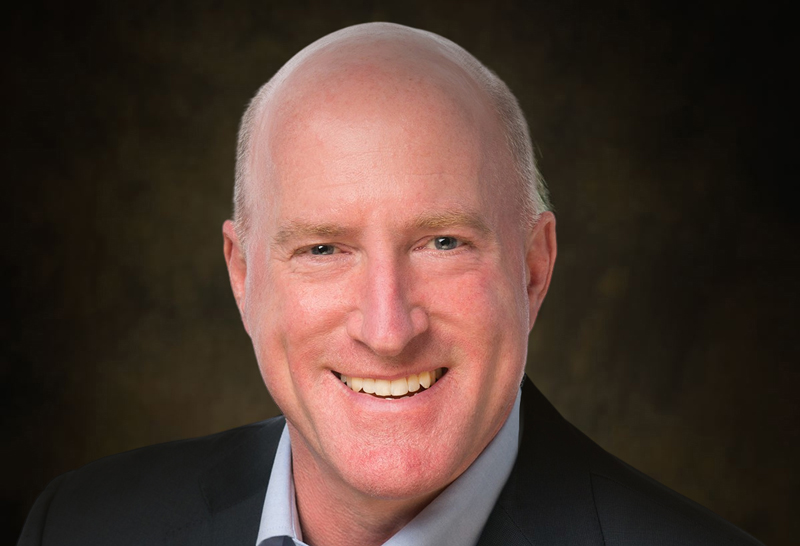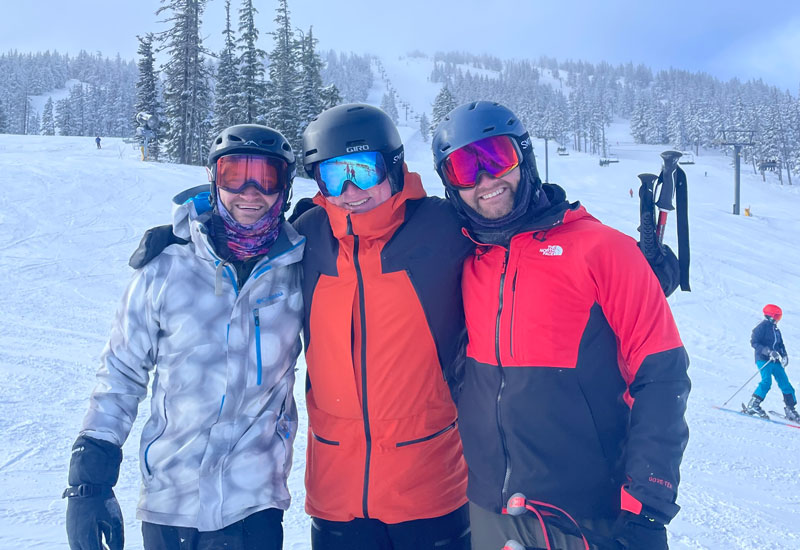It’s not every day you set out to change a state law and actually succeed. That’s what happened this summer, as caregivers from St. Charles Health System partnered with members of the Confederated Tribes of Warm Springs to advocate for the passage of new state legislation that allows health care organizations to better support patients’ cultural and spiritual beliefs.
The new legislation, SB 189, which passed in July and will be signed into law on Jan. 1, 2024, allows Oregonians to have a say in what happens to their amputated body parts in accordance with their cultural, religious and spiritual beliefs.
“Today, we at St. Charles are celebrating the passage of this legislation along with our friends and partners in the Confederated Tribes of Warm Springs. It’s a great example of listening to our community, hearing a concern, thinking creatively and taking responsive action alongside those who are most impacted to make a difference,” said Dr. Steve Gordon, president and CEO for St. Charles.
For years, caregivers at St. Charles experienced a barrier to care for some patients. Under existing state law, amputated body parts are considered pathological waste and their disposal is required.
“Many of our Native American patients that were in need of medical intervention requiring amputation of a body part didn’t want to seek necessary care if they weren’t able to receive the body part back after surgery,” said Dr. Shilo Tippett, manager of caregiver experience and inclusion for St. Charles. That’s because many members of the Tribe believe they must be buried whole to travel to the spirit world after death.
While the new law will likely only directly impact a handful of individuals each year, its significance is hard to overstate.
Jonathan Smith, Tribal Council Chairman for the Confederated Tribes of Warm Springs, said that the passage of the law as well as the partnership that brought about this change means a great deal to the Tribes.
“We are very happy. We knew it was a concern and it had been on the books for a long time. It was really good to see St. Charles support us in this,” said Smith. “Our continuing partnership is going to be a key for success in the future.”
St. Charles caregivers began the effort to change the law last summer when they surveyed members of the Warm Springs community during a health fair. Overwhelmingly the residents said they wanted the law to change.
“It felt so unfair to our Tribal people and to our staff who wanted to support their patients. It felt morally wrong not to be able to do this,” said Tippett, who is also an enrolled Tribal Member. St. Charles staff worked alongside a lobbyist from the Tribes and collaborated with many groups, including Tribes from across the state, to move the legislation ahead.
“This is huge. For native people, this is removing a barrier to journey into the spirit world and it feels wonderful to know that we at St. Charles had a hand in that,” said Tippett.





